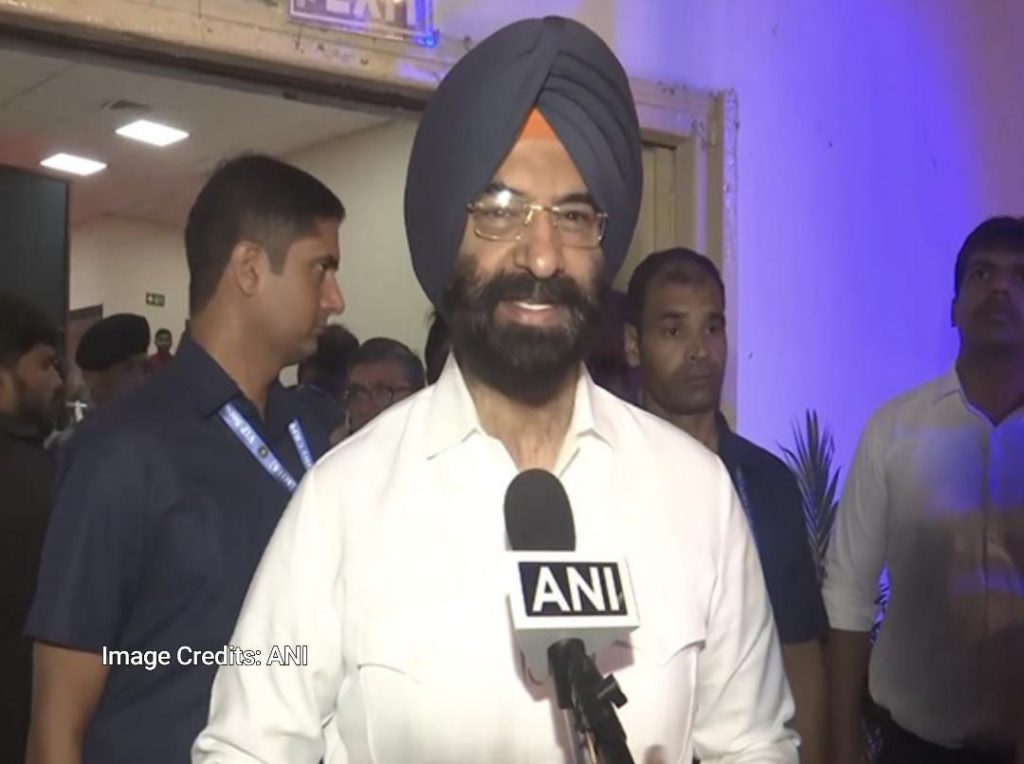
When AAP Ruled, Their Only Task Was to Cry & Complain: BJP’s Sirsa
The Bharatiya Janata Party (BJP) leader Manjinder Singh Sirsa has taken a potshot at the Aam Aadmi Party (AAP) led government in Delhi, accusing them of being experts in crying and complaining, both when they were in power and now in opposition. Sirsa made these remarks while reacting to Delhi Chief Minister Rekha Gupta completing 100 days in office.
For Sirsa, the ruling AAP government’s track record is a stark contrast to the BJP’s own governance style. “For the first time in 27 years, we have a government that delivers results, not excuses,” he said, highlighting the contrast between the two parties.
Sirsa’s comments came after the AAP government completed its 100 days in office, with Chief Minister Rekha Gupta highlighting the achievements of her government. However, Sirsa was quick to dismiss the AAP’s claims, saying that the party’s only task was to cry and complain.
When AAP was in power, their mantra was ‘cry and complain.’ They seized every chance to shed tears. Now, even in opposition, they are doing the same thing,” Sirsa said, attacking the AAP’s leadership.
Sirsa’s remarks are a reflection of the deep-seated animosity between the two parties, with the BJP portraying the AAP as ineffective and incompetent. The BJP has been ruling Delhi in alliance with the Shiromani Akali Dal (SAD) since 2017, and Sirsa’s comments are an attempt to discredit the AAP ahead of the next assembly elections.
The AAP, on the other hand, has been focusing on its achievements in power, including the implementation of a free ration scheme, a doorstep delivery of government services, and the establishment of a network of mohalla clinics. The party has also been touting its achievements in education and healthcare, including the establishment of a network of government schools and the expansion of the Delhi government’s healthcare infrastructure.
Despite the AAP’s efforts to highlight its achievements, Sirsa’s comments are likely to resonate with many BJP supporters who have been critical of the AAP’s governance style. The AAP has been accused of being authoritarian and intolerant, with many critics arguing that the party’s leaders are more interested in scoring political brownie points than in delivering governance.
However, the AAP has its own supporters who argue that the party has been making significant strides in governance, particularly in areas such as education and healthcare. The party’s free ration scheme, for example, has been hailed as a major achievement, with many residents of Delhi benefiting from the scheme.
The BJP’s criticism of the AAP is likely to continue in the run-up to the next assembly elections, with Sirsa’s comments being just the latest salvo in the party’s ongoing campaign against the AAP. However, the AAP is likely to continue focusing on its achievements in power, with the party’s leaders confident that their track record will help them retain power in the next elections.
In conclusion, Sirsa’s comments are a reflection of the deep-seated animosity between the two parties, with the BJP portraying the AAP as ineffective and incompetent. However, the AAP has its own supporters who argue that the party has been making significant strides in governance, particularly in areas such as education and healthcare. As the next assembly elections approach, it remains to be seen how the two parties will campaign and what issues will resonate with voters.






